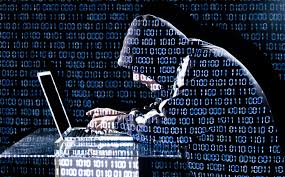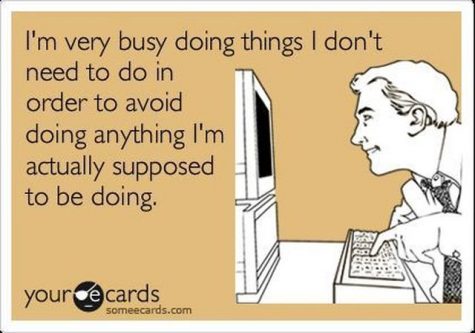10 Tips about the Internet

April 25, 2016
It is clear to see that we are in the age of technology. We have set up technology at our fingertips, mini computers in our pockets, Wi-Fi happens to be everywhere and we can learn just about anything on the world wide web. People are addicted to social media. People instantly safe there whole lives into a cloud. But many of use still don’t really understand how everything works. So here are ten tips on the Internet to stay safe, while having a good time.
1.What is cyber security?
The term started in November 2, 1988 after the first online viruses “The Morris Worm”. The worm cause many of the 60000 computers connected to the Internet to slow down to the point that they were unusable.
Cyber attacks have become much more sophisticated and way more dangerous over the years. Today several organizations have proved that the cyber community is not safe. Most of our information is not private and anything can be leaked on the Internet. Created in 2006 Wikileaks is a website that publishes secret information, news leaks and classified documents for public consumption. Thousands of secret government and corporate organization documents have been available to the masses with this site.
Its time for us to secure our computers with technology in the same way that we secure the doors to our offices and protect us against the risks and threats that comes with Internet use.
- What are some treats to the computer?
- Viruses/Worms -Software programs designed to invade computers, and copy, damage or delete data.
- Trojan Horses -Viruses that pretend to be programs that help while destroying data and damaging the computer.
- Spyware -Software that secretly watches and records online activities or send endless pop-up ads.
- How to make strong passwords?
When creating a password, make sure that they are unique, long and different for other passwords. Make them hard to crack. Also keep your passwords private. Never share your password with friends or tricked into giving them away.
- Avoid sequences or repeated characters
- Avoid using only look-alike substitutions of numbers or symbols
- Do not use your login name
- Avoid using the same password everywhere
- Avoid Sticky notes under the keyboard with passwords
- What is the cloud?
Cloud storage is where Digital Data is stored on a server owned by a hosting company. By storing data this way it’s easily accessible anywhere and anytime. ICloud is a cloud storage system and computing system by Apple Inc.
- How secure is my information?
There are many steps that you can take daily to ensure your privacy. To start check website to see if the website you frequent are reputable. Look for: “https://”, yellow lock in location or status bars or blue, green location bar. Especially when banking. Be mindful upon opening emails and request for personal information. In terms of passwords make them long strong and unique. Wherever possible enable 2-step verification process. Secure your network and security router to keep yourself even safer. Always checking Wi-Fi network before using to ensure its security, so avoid using public Wi-Fi. Using factors identification, back up security and use different search browsers. Most importantly avoid sending compromising information and pictures or videos as these things can easily be shared by anyone in the network. IPhones are known for being safer then android.
- Who’s protecting my rights?
In the United States and around the world governments are gearing to tackle the next threat cyber security. Governmentally mandated programs have been place to support key infrastructure to save money and resources. On a global scale International treaties are being considered for cyber crimes. In 2011, there was a convention on cyber held in the White House. Barack Obama states “Cyber crimes have plunged cities Into Darkness.” Government officials are reaching for change. In 2013 the European Union established cyber crime Center Hub that will support investigating and stopping to cyber crime.
- What is Anti- virus software?
Anti-virus software can detect and destroy computer viruses before they cause damage. Think of it as using the Internet as armor, they patching up each bug before the virus could harm you and of course there are hackers with less than noble intentions. They work like a flu shot, for anti- virus software to be effective, you must keep it up to date.
You use anti-spyware software so unknown people cannot lurk on your computer and potentially steal your information.
- Why should you backup your important files?
It minimizes your risk of losing important files to a virus, computer crash, theft or disaster by creating backup copies. Save copies of your important documents and files to a CD, DVD, flash or USB drive, or online backup services. Email yourself files. And don’t forget to test your backups.
- What’s a Firewall?
An Internet firewall is a part of a computer system or network that is designed to block unauthorized access while permitting outward communication. It’s like a moat around a castle, creating a barrier between your computer and the Internet. Most popular operating systems have firewalls built in and you should check to make sure it is on.
- What is the future of cyber security?
Combating cyber security will need a cohesive International movement. Where law enforcement agents can go beyond the Internet to prosecute those illegal cyber activities. However criminal techniques are constantly changing with their goals remaining steadfast. Hackers use their abilities to maliciously destroy or protest. The need for a global system of laws regulates these infractions will soon become a requirement. Only then will cyber crimes become a thing of the past.
















